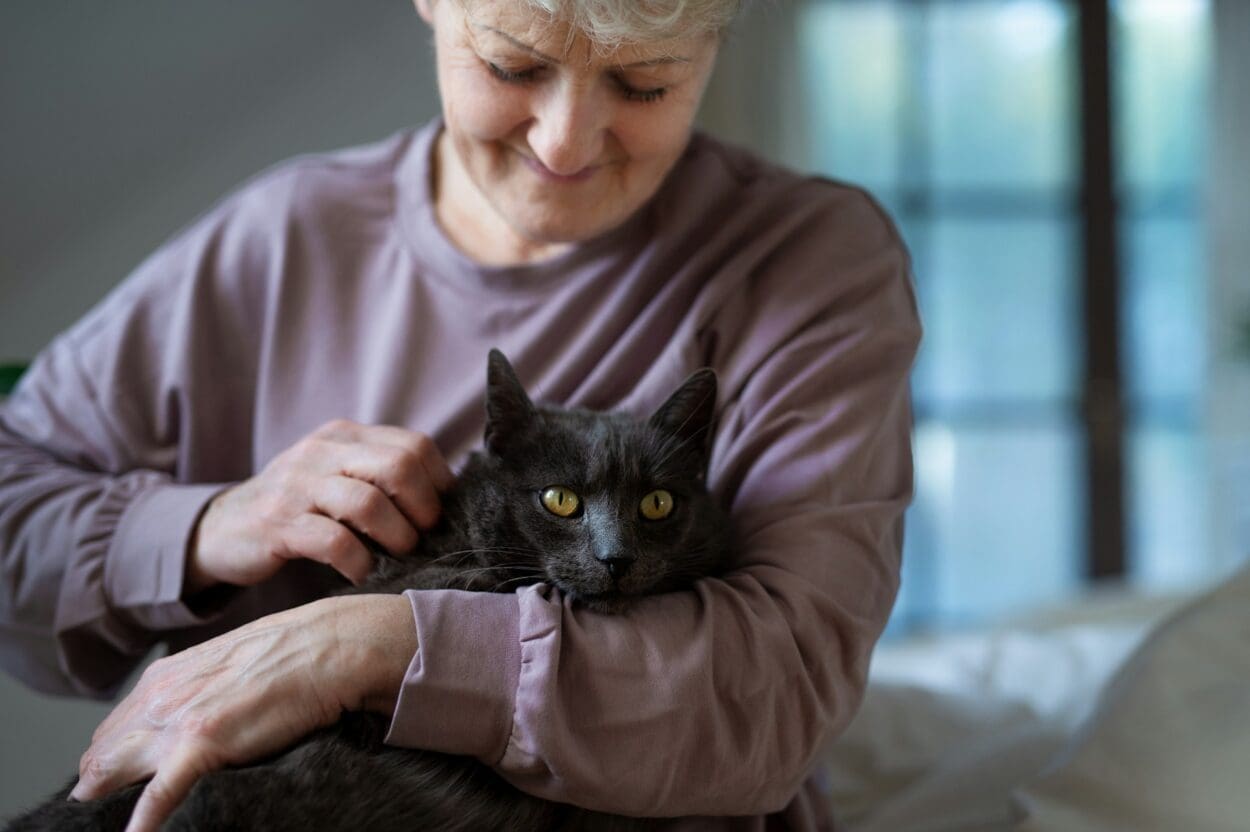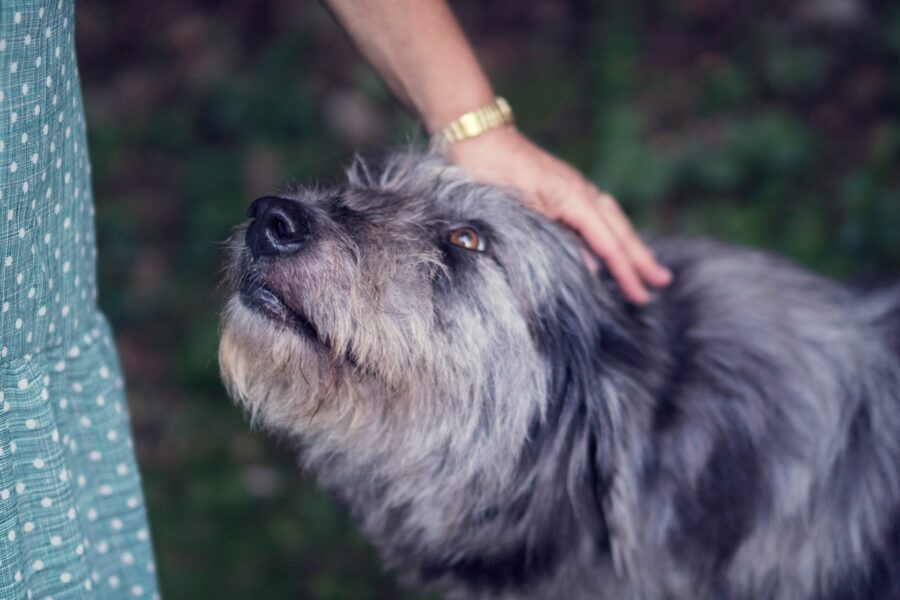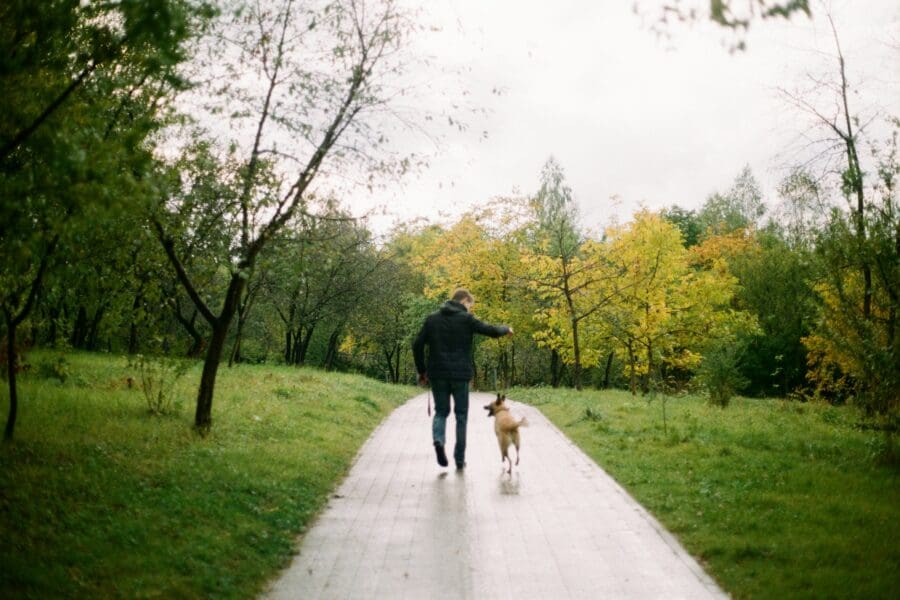Why does losing a pet hurt so much?
Losing a pet can be an incredibly painful experience, often more intense than many people expect. Pets depend on us for everything, from basic needs like food and water to emotional support.
Pets quickly become an integral part of our daily lives, and losing them can feel downright devastating. Walking your dog, cuddling with your cat, or simply having your pet greet you at the door are small moments that transform into cherished memories we keep in our hearts forever. So, when a pet passes away, it can feel like you’re losing a best friend, a constant source of comfort, and a loyal companion who was always there for you no matter what.
Losing a pet can be long-lasting for some pet owners and even lead to things like prolonged/complicated grief or depression. The grief that pet owners experience is intense and undeniable. Unfortunately, pet grief can also feel isolating, especially if you lack a strong support system or find yourself needing to constantly justify your grief to others.
But here’s what you should know: Your grief is valid.
You may be surprised that the loss is hurting so much, after all, they’re “not a person.” But the bonds that we have had with animals have existed for as long as we have. It’s okay if losing your furry or feathered friend has made you feel like the world is upside down.
There are many reasons why losing a pet can be so painful and each of them are valid and justified.
Here’s why pet grief is so hard:
- You miss the bond you shared with your pet.
Pets offer unconditional love and acceptance, something that can be hard to find elsewhere. The bond you shared was unique and you miss it, and that is completely normal. In Wayne Heine’s story about grieving their dog Leon, they shared how in all the loss they experienced in life, losing their pet was one of the hardest. Some people feel guilty that they handled other forms of grief “better,” but there is no right way to grieve and your feelings you feel right now are valid.
- Your daily routine changes after pet loss.
From snuggle-time to feeding schedules to trips to the local park, pets become part of our daily lives. Their presence becomes a constant source of comfort and joy in our lives and this comfort lasts for years. When a pet passes, you may feel like all that is left is a big void they once filled. This is a time when it’s so important to remember to find any way you can to take care of yourself, including asking for support whenever you need it.
- You may feel like it was your fault.
Sometimes, after losing a pet, you might feel guilty. You may be thinking, “What if I had done something differently?” or “Could I have stopped it?” This is called bargaining and is considered one of the stages of grief. While it’s normal to feel this way, it’s important to remember that you did the best you could with the information and resources you had at the time. Most veterinarians will tell you that the vast majority of pet owners make loving and responsible choices for their furry (or feathered) companions.
It’s okay to ask for help
Grief can be overwhelming, and everyday tasks can feel nearly impossible to do while you’re coping. You may worry about getting adequate time off from work and may be even pushing yourself to get through it out of fear of judgment or lack of support from your manager or colleagues. If you need help, don’t hesitate to reach out for additional support. This might include helping with arrangements at home, creating a memorial for your pet, or assisting with household chores to make the load easier on you. You could also ask for a loved one’s support to sort through your pet’s belongings when you’re ready. If you take anything away from this, know that you are deserving of whatever support you may need.
Help is available
Just like with any other form of grief, seeking professional help can be incredibly beneficial after losing a pet. Therapists or other mental health professionals can provide a safe space to explore your emotions, develop healthy coping mechanisms, and navigate the grieving process. Don’t hesitate to reach out for support if you need it.
You deserve the same gentleness and kindness from the world that your pet showed you.

Summer West
I’ve experienced grief personally and know how difficult it can be to carry alone. Joining the Embrace Your Grief project is my way of giving back by destigmatizing grief and shedding light on topics that often go unspoken. I want to help create a safe space where people can feel comfortable being themselves and sharing their stories.







Leave a Comment